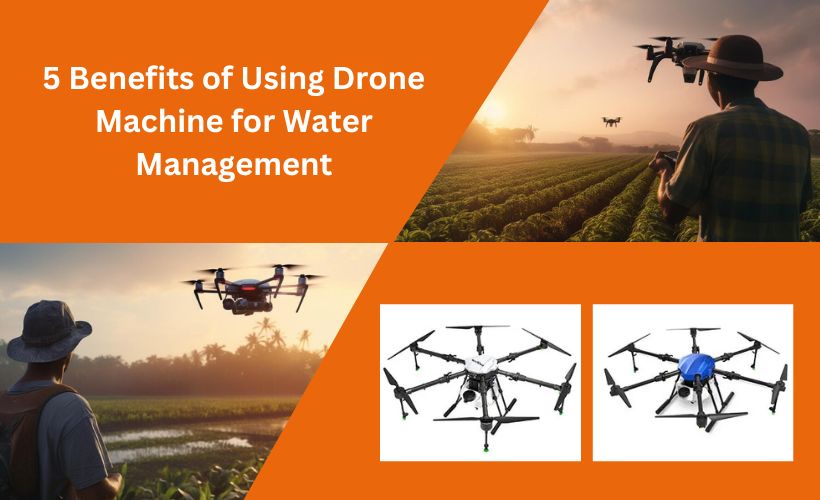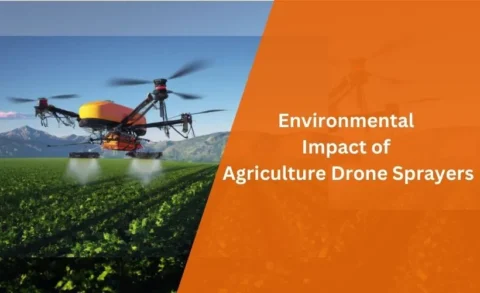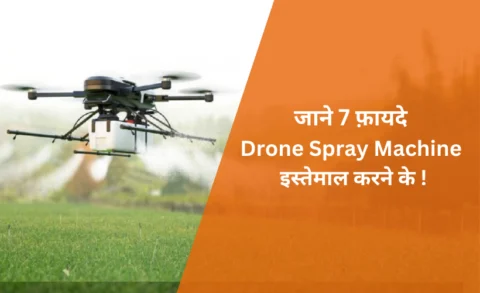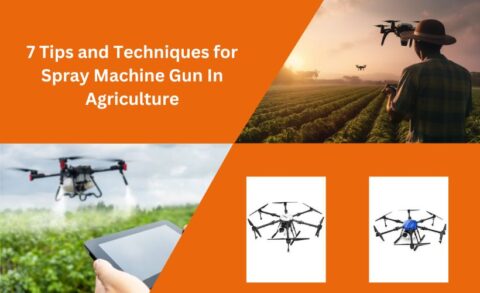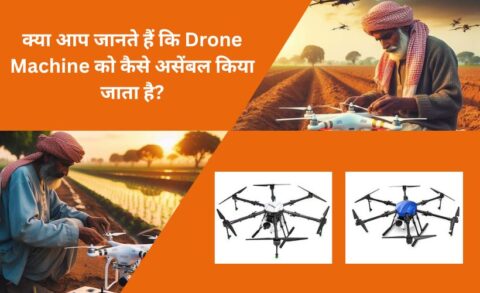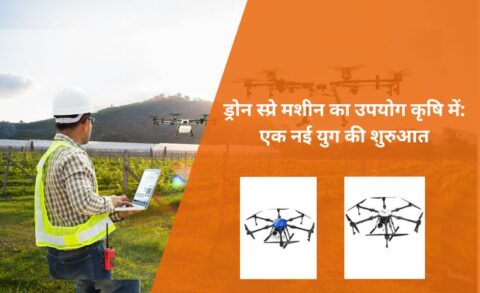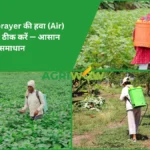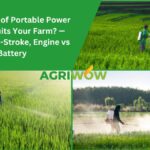Introduction
In the era of lightning-fast technical breakthroughs, Drone integration is revolutionizing several industries, including environmental management and agriculture. In the field of water management, the use of drone machine or agricultural drone sprayer is a significant step toward more accurate, efficient, and environmentally friendly methods. These drones are transforming conventional water management methods by fusing GPS monitoring, aerial imaging, and automated spraying capabilities. We will throw some light on the five main advantages of using drone technology in water management plans as well as implementation-related issues. Drone technology has enormous promise in water management, ranging from environmental care to precision application, providing stakeholders with the chance to maximize resource efficiency and encourage long-term sustainability.
1. Precision Application:
Drone spray machine make it possible to apply water and other materials precisely, guaranteeing that they reach the right spots on farms or in bodies of water. These drones minimize waste and maximize performance by precisely identifying and treating areas that need watering or cleanup through GPS technology and sophisticated sensors.
2. Time and Cost Efficiency:
Drone technology offers considerable time and cost savings compared to traditional water management methods, such as manual labor or large-scale irrigation systems. Drones reduce labor expenditures and operating expenses related to water management tasks by covering large regions in a fraction of the time it would take for traditional approaches.
3. Remote Monitoring and Analysis:
Agriculture drone sprayers enable remote monitoring and analysis of water resources by capturing high-resolution imagery and data. Without having to physically be present on the site, operators may evaluate the quality of the water, pinpoint problem areas, and decide how best to allocate resources and implement treatment plans.
4. Environmental Sustainability:
Drone technology encourages environmental sustainability in water management techniques by maximizing water utilization and reducing chemical runoff. Accurate water and nutrient delivery lowers the chance of pollution and over-irrigation, protecting natural habitats and fostering long-term ecological equilibrium.
5. Adaptation and Flexibility:
When it comes to addressing changing water management issues, drone sprayers provide unmatched flexibility and adaptation. Drones can quickly adjust to changing environmental circumstances and operational requirements, whether they are used to monitor water levels, handle drought situations, or carry out focused interventions for water conservation.
In conclusion,
There are several advantages to incorporating drone spray machines into water management procedures, from economic effectiveness and precise application to environmental sustainability and adaptability. Stakeholders can improve their capacity to manage water resources sustainably and effectively in a world that is always changing by utilizing drone machine
Frequently Asked Questions
1. Are drone sprayers appropriate for any kind of water management work?
Although drone technology is versatile, its suitability for a given work depends on its particulars as well as the surrounding conditions. Drones are especially useful for targeted treatment of invasive aquatic species, monitoring the quality of the water in lakes and rivers, and precision irrigation in agriculture.
2. What legal issues should I be aware of when employing drone sprayers for water management?
Drone usage laws differ depending on the jurisdiction and area. Before using a drone to spray chemicals or other treatments on water bodies, it is imperative to become familiar with local laws and secure any required permits or certifications.
3. How do agriculture drone sprayers lessen the possibility of chemical spills and their effects on the environment?
The exact and controlled spraying of chemicals is made possible by the modern technology found in drone spray machines, including variable rate application systems and real-time monitoring capabilities. Drones reduce the possibility of chemical runoff and environmental damage by precisely identifying treatment locations and modifying application rates as necessary.
4. What aspects need to be taken into account when selecting a drone sprayer for water management?
Payload capacity, flying endurance, spraying efficiency, and data collection capabilities should all be considered when choosing a drone spray machine. Take into account the solution’s overall cost-effectiveness, compatibility with current systems, and accessibility of technical assistance.

